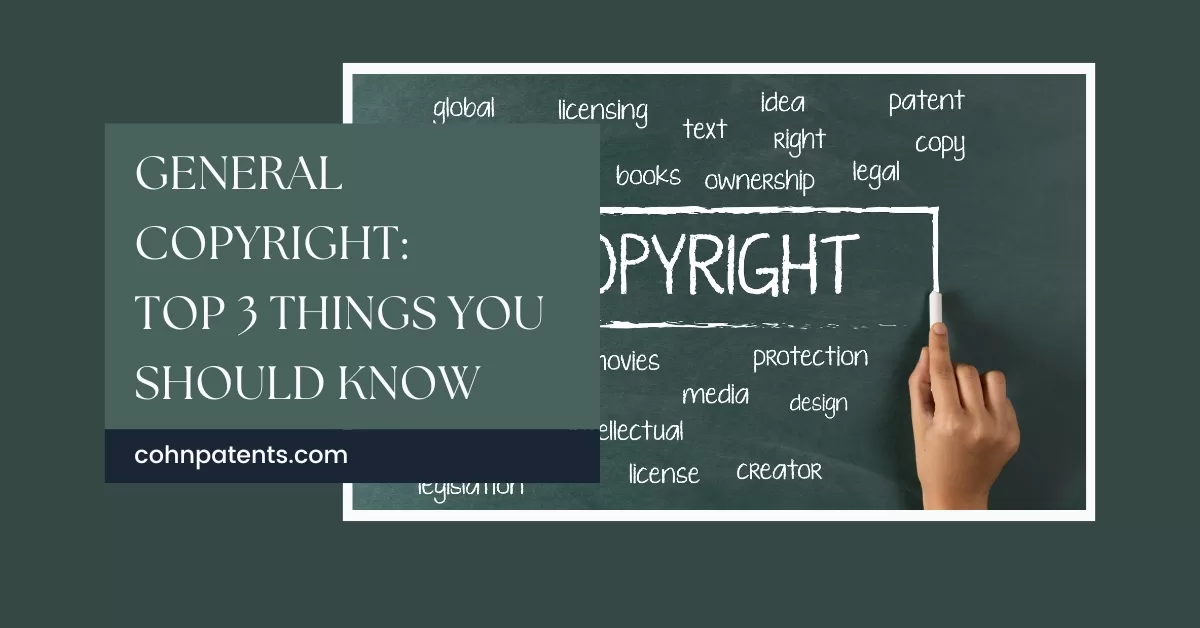General Copyright
The copyright process is one that sometimes confuses people, for all that it’s so simple. This is partly due to it being confused with other things, such as the patent process. It’s also due to simple misunderstandings of what can be copyrighted, and how. This overview gives a little bit of general information, though of course it cannot cover the topic in detail.
Copyrighting Your Work
You write a blog post, a book, a musical piece—can you copyright them? Well, according to the law, they are copyrighted the moment you write them down. You can append the copyright symbol if you like, but it is implied. The important thing is to make sure your work is, in fact, written down or in some way available in a tangible or readable medium.
What is Not Copyrighted
Say, in your blog post, that you give detailed instructions on how to create an invention of yours, one you’ve yet to patent. The writing in the post—the exact wording that you put down, etc— is copyrighted and protected. Your invention is not. Which means that no one can legally lift your post and repost it under their own name. But they can, perfectly legally, lift your invention. You cannot copyright ideas or brainstorming or inventions, but you can copyright the words used to describe them. Make sure you also patent your inventions.
Though it is not necessary, some do go through the process to get register their copyright with the federal government. This can give added protections both domestically and internationally for important works. What you intend to copyright, and how important it is, will probably dictate which method you choose.
Contact your Patent Attorney to learn more.


